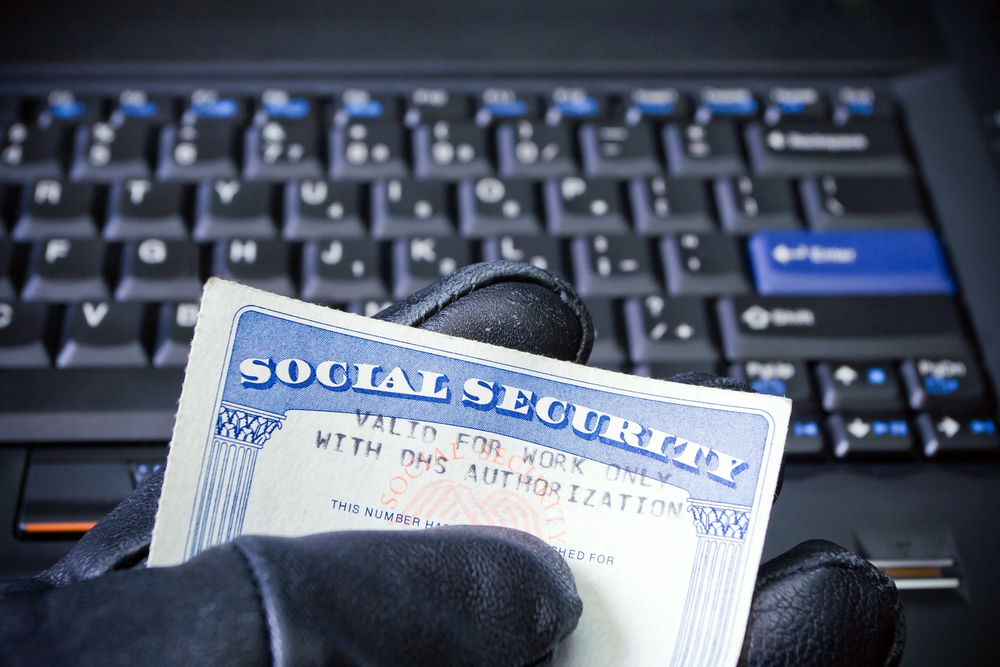With 55 million people receiving Social Security in our country, it is not unimaginable that crooks are out to scam retirees and their families from their Social Security money. This month, AARP.com has published an article titled “Watch Out for Social Security Scams.” Explained below are ways Social Security recipients can avoid scammers’ traps.
First, a Social Security Administration (SSA) employee will never contact you by e-mail; therefore, it is an automatic red-flag if you are getting e-mails regarding your social security benefits.
If you are contacted by phone or letter by an SSA Rep, they may be contacting you if you have previously asked to update your records. If someone is on the other line or writing to you stating that the SSA is updating their records, and they will need your Social Security number, birth date, mother’s maiden name, bank account number, etc., you can be sure someone is trying to steal your identity. AARP suggests getting in touch with the SSA yourself at 1-800-772-1213 or by visiting a local office to confirm the person contacting you, the number they’ve used to contact you, or the letter they’ve sent you are legitimate.
The AARP also warns Social Security recipients to be wary of anyone who contacts them, says they are an SSA Rep, and offers a bigger Social Security check in exchange for a “filing fee.” SSA employees are not allowed to charge filing fees and representatives may face prosecution if they even try. If you believe you are eligible for a higher benefit check, then file an appeal on your own. You may hire someone to help you with the complicated process, but an SSA representative may not ever be involved. To better understand the appeals process, or if you have any questions about your Social Security, call 1-800-325-0778 to speak with a representative or to find an SSA office near you.
Lastly, do not be deceived if a scam artist contacts you saying you have some sort of special tax refund coming your way. They may say you are able to claim a lump sum of what you are “owed,” based on the lack of Social Security funds or the stagnation in the Cost-of-Living-Adjustment the past two years. If the refund sounds too good to be true, it likely is—the lump sum will never be sent to you. The reality of it is that con-artists of this type have been known to create phony IRS tax return forms to trick victims into divulging personal information, including their banking data. Know that there is no such “tax credit” or “refund” in federal tax law.
With Social Security being a major topic in the news, and a popular topic among its 55 million recipients, it is easy to see how it has become a new scamming avenue for crooks. Know how to keep your Social Security payments safe by following the advice listed and never give out personal information to an unreliable source.
